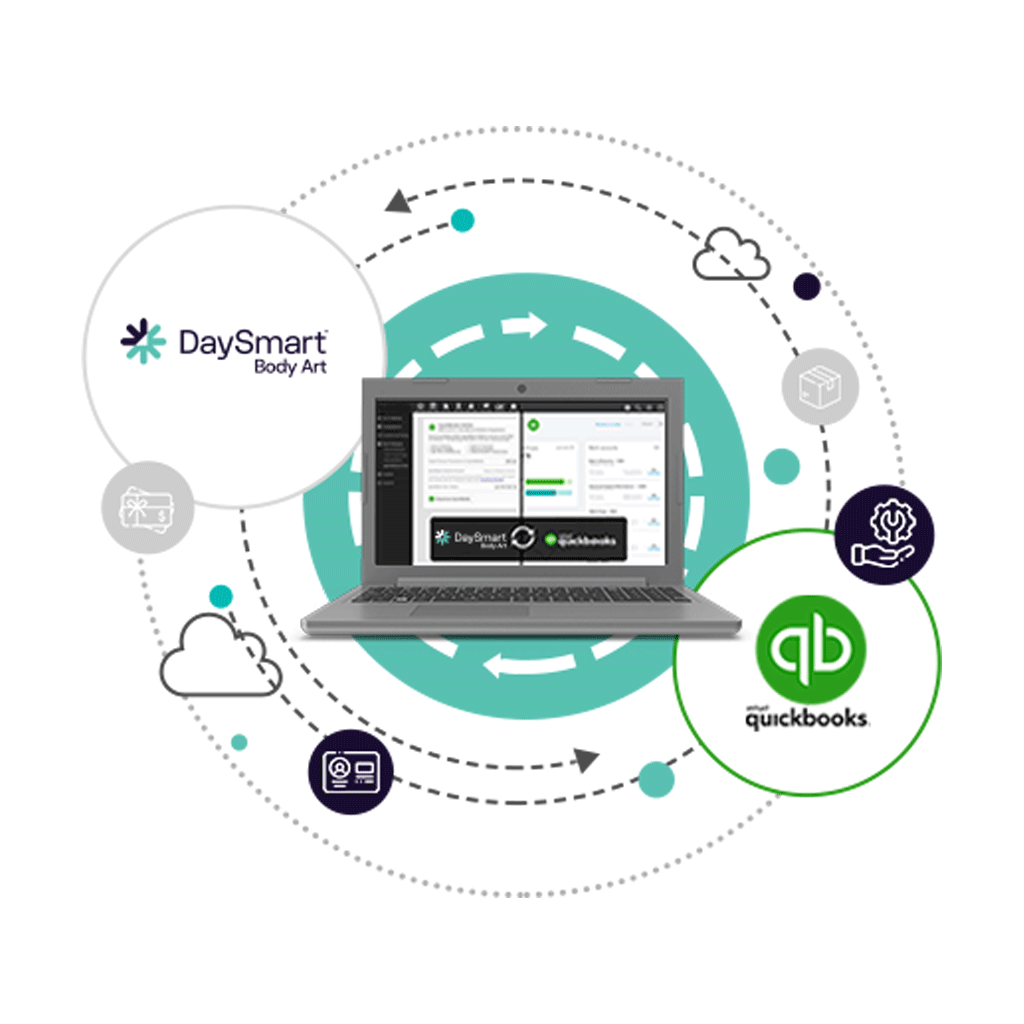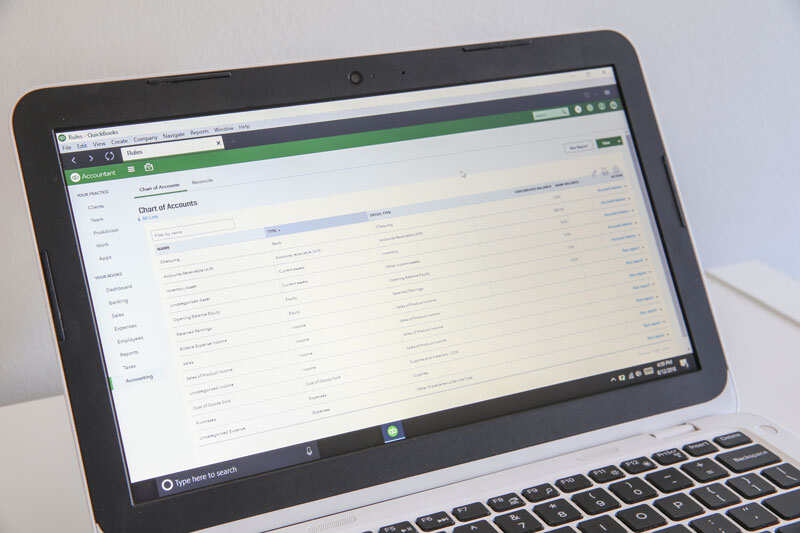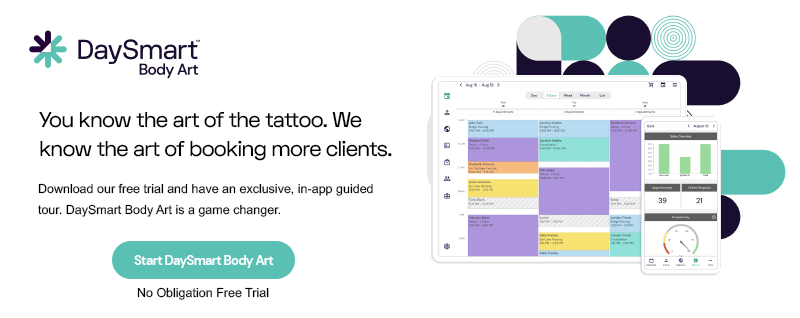Is Your Tattoo Shop Ready for Tax Day?

With Tax Day fast approaching, now may be an ideal time to (re)assess your tattoo business’ “tax readiness.” Operating a small business has always presented potential tax reporting issues, especially if you’re not running your business on a software platform that can provide detailed performance and payroll reports.
Common Pitfalls
The most common problem in the tattoo industry is tips. Employees are responsible for accurately reporting the tips they receive, but the employer is not free from obligation in reporting on these. Complexities can arise when multiple service providers are splitting tips on a single client service. If your systems don’t allow you to accurately report the distribution of these payments, you could be reporting that income as having been received by one person, unfairly increasing their tax burden.
Complex commission structures can also create hassles for employees unless you’ve properly defined payments within the software. You may offer certain commission rates for services but other commissions for products. The accuracy of the payroll records you generate drives the accuracy of your reports on the tax liability of employees (and contractors).
DaySmart Body Art & QuickBooks Connect Integration
Based on popular demand, DaySmart Body Arts’ latest integration includes QuickBooks Online! To use this integration, you must have a DaySmart Body Art’s cloud subscription and a QuickBooks Connect plan. Don’t already have a QuickBooks Connect plan? Click this exclusive link to claim 50% off your first 2 months!
The DaySmart Body Art to QuickBooks Connect integrates seamlessly and automatically syncs:
- Service Transactions
- Gift Cards
- Packages & Memberships
- Sales Taxes
- Employee Tips
- Product Transactions
- Returns & Discounts
- Loyalty Rewards
You can export up to 90 days worth of data into QuickBooks and the system will automatically keep QuickBooks up to date in the background throughout the day.
Accounting Integration
QuickBooks (or your preferred accounting software) is a great way to record your business expenses and your income details. However, if you are using business management software to run all other aspects of your business (e.g., appointment scheduling, inventory management, payroll) you’ll ideally want to integrate these systems to maximize the software’s capabilities. Simplifying this connection also means fewer reports for you to print or export for your accountant or tax preparation service.
Classify Your Workers
The tattoo business frequently classifies some workers as employees and other workers as independent contractors. The reporting requirements and tax implications for both are different but equally important. Independent contractors typically rent some space within a business. They do their own advertising, set their own schedule and maintain their own client relationships. People who rent space within a shop are required to supply a 1099 tax form to the business declaring the amount of rent paid during that taxable period. This is far from common practice, but it is the law.
Deliberately misclassifying a worker is a crime. Don’t do it—even if they ask you to. The penalties can be significant, and you could be opening yourself to further scrutiny by tax officials.
Deductions!
The IRS describes legitimate write-offs as “both ordinary and necessary.” This means that they deem expenses as “ordinary” if they’re standard for someone with the same job, and “necessary” if they are central to the performance of the job (no, lattes don’t count). You’ll be well served to deduct only expenses for which you have documentation. Didn’t save your receipts? Comb through credit card and bank statements from last year in search of qualifying expenses—it could be very worth your while. Any questions you have about the validity of deductions are best addressed by a certified financial planner or tax preparer. Better safe than sorry.
Some deductions are obvious, such as rent, capital expenses (like furniture), business expenses (like advertising) or charitable donations, but some others may not be so obvious. The fees to renew your professional license may be deductible, as well as any expenses you may have incurred while attending an industry trade show or educational event.
Ch-Ch-Ch-Changes
Recent changes to the tax code—specifically the “2017 Tax Cuts and Jobs Act,” which is thousands of pages long—may impact your business or your reporting requirements. If you have the means, it may make sense to consult with a certified tax preparer before filing your taxes to ensure that you’re both complying with every new provision and getting the maximum benefit.
Reporting
A common refrain in this blog has been reporting. The ability to generate an accurate report of what was done, who was paid and when is critical at tax time. If you are running your business on paper ledgers or shoeboxes full of receipts, this might present obstacles to easily answering the many questions a tax return requires. While moving to a business management software platform at this point won’t help with last year’s taxes, now is the perfect time to commit to installing one for the next year. If you were savvy enough to install software from the beginning, then you are likely enjoying answering your accountant’s questions with the push of a button. Some of these software suites provide dozens, even hundreds, of reports that can answer any question that might arise.
Learn how our DaySmart Body Art can make sure you are Tax-ready by visiting this product page.






